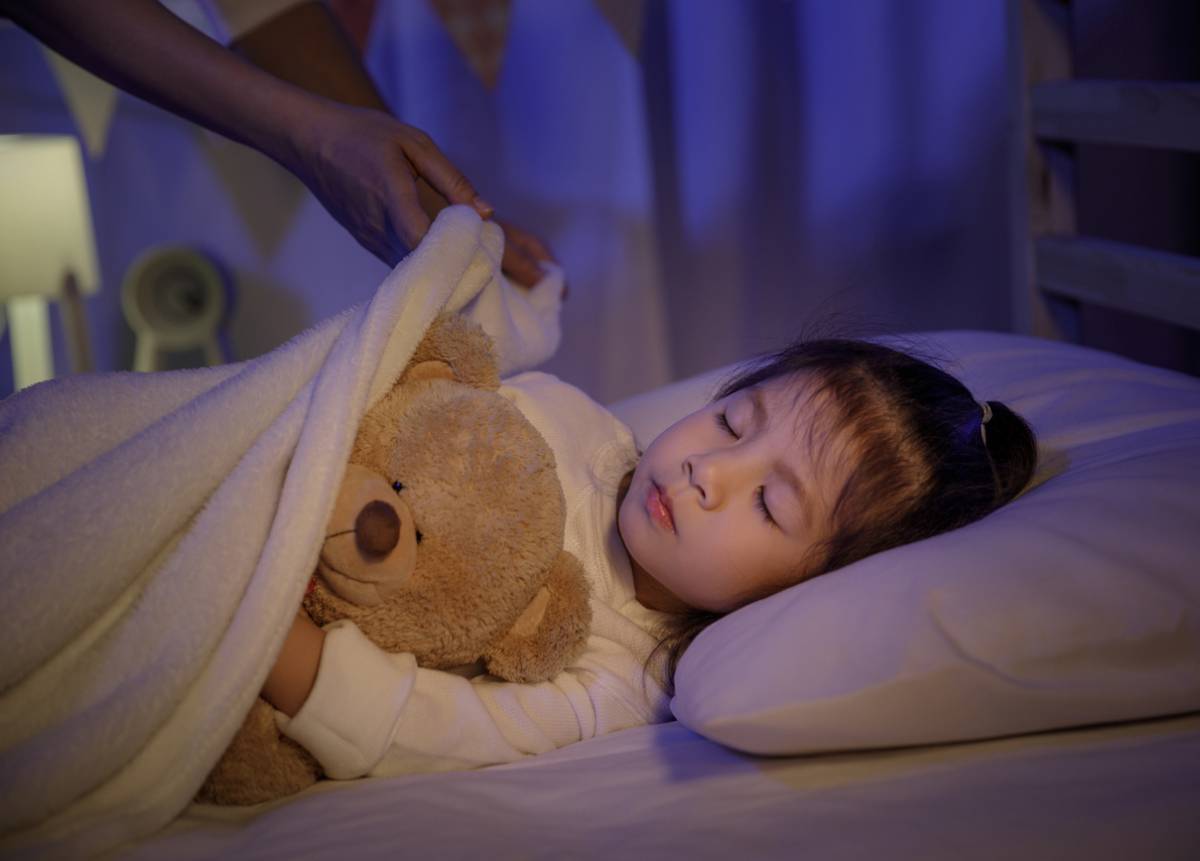Sleep is an important part of development in kids of all ages. Though adults spend a lot of time managing their sleeping schedule, children also need improvements to the way they rest. Depending on the age and overall health of your child, you might be wondering exactly how much sleep they need. In this parent’s guide to kids and sleep, Dr. Mayank Shukla will talk about common sleep disorders in kids and how you can support better sleep health. Below, we present out parent’s guide to kids and sleep.
Parent’s Guide to Kids and Sleep
Everybody needs a good night’s sleep in order to remain healthy. This is true for children, adults, elderly folks, and everybody in between. Kids are especially in need of rest as it supports their developing brains. Restful children are more likely to pay attention in school, learn new subjects faster, and develop quicker reactions. Lack of proper sleep can lead to poor health. If your child is not getting enough sleep at night, they may be susceptible to dangerous conditions like depression, obesity, and high blood pressure.
Making Sure Your Child Gets Enough Sleep
Depending on your child’s age and overall health, they will need a certain amount of sleep each night to remain well. Newborn babies and infants, for example, should sleep at least 15 or 16 hours each night. They may wake up every couple of hours, but it is important to make sure they continue going back to sleep.
As your child gets older, the amount of sleep they need will fluctuate. Toddlers should still sleep a long time, with 14 hours as the recommended nightly count. By the age of 6 or 7, your child should be sleeping at least 10 hours every night. As they grow into teenagers, they are a lot more fully developed, requiring a little less sleep. It is still good to encourage at least 8 hours of sleep in your teenage child.
Children and Sleep Disorders
Children are susceptible to certain sleep disorders just as adults are. Some young kids might not be able to communicate that they are experiencing bad symptoms, so keep a close watch on their sleeping habits at night. Kids can be prone to hypersomnia, which makes them tired all day no matter how much they sleep at night. Another common issue is obstructive sleep apnea, which is signaled by your child struggling to breathe while asleep.
You can speak with your child about different sleep habits and encourage them to communicate with you if they are not resting well. If you have concerns about your child’s sleep health, you can schedule an appointment with a certified sleep doctor for a personal assessment.
Encouraging Better Sleep Habits
If you are worried that your child is not getting enough sleep each night, there are a few tips and tricks you can utilize to create healthy habits. Try getting into a new routine with the following actions:
- Set a bedtime schedule that you and your child can adhere to every day.
- Explain the benefits of a good night’s sleep to your child so they can get excited about keeping themselves healthy.
- Turn off all screens and make sure your child has stopped eating snacks at least 30 minutes prior to bedtime.
- Read a book together or listen to calming music, which helps your child’s brain wind down for the night.
- Wake up your child at the same time each morning to further cement the routine.
If your child has grown older and you do not need to monitor their sleep habits as regularly, just check in with them once in a while to make sure they are sleeping well. If they get home from school late or act irritable every day, they might be struggling with their sleep health.
Get your child’s sleep health back on track when you contact your local asthma specialist and schedule a one-on-one consultation.

